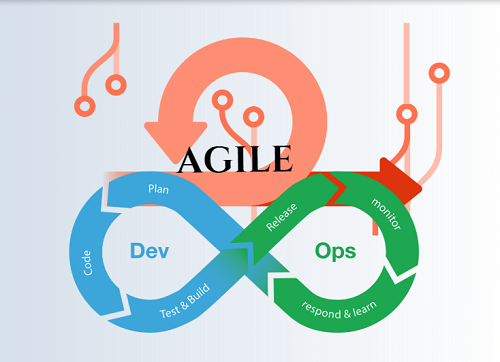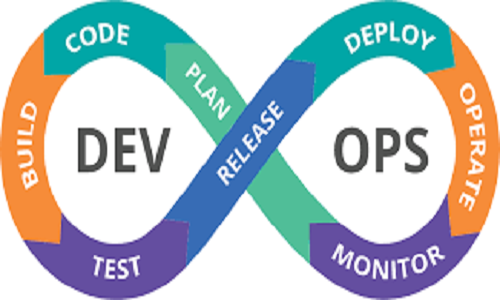The need for Systems Thinking in DevOps!
The advent of DevOps skills which is nothing but the combined package of Development and Operations that promises to deliver the promised result at the earliest possible time-frame. There are several core principles in DevOps that intends to complete a software product development faster and with minimal bugs. One of the crucial principles is ‘System Thinking’.
Typically, a Development and Operations organization will be determined to think in terms of systems. That is a system that is a set of processes capable of working together towards a common goal. DevOps organization in general, want a system to be the business itself; not specific teams or departments. To successfully develop a reliable software, the development system can entail many different processes and procedures. A dedicated team of programmers has to write the software code, software testers will then test the code, and then the operations provisions the required infrastructure for the code making it to successfully run and serve the purpose of the consumer. There can be hundreds or thousands of people and processes involved here.

DevOps is meant to explore the strategies and notice how your actions may affect not only you or your team but the entire system. This unveils the information that might have more visibility into the full lifecycle of a piece of code she wrote. It also means being more aware of the crucial ramifications of that modification rather than being able to forget about the modification after the code commit. It could also mean a system administrator completely understanding the performance impact on an application once released to the customer. Systems thinking is nothing but means that each team should be aware of the actions of every team in the pipeline and ultimately the customer.
Systems thinking is also a bright strategy to think about blame as well. In a typical business environment, if someone pushed a piece of code out to production, that caused a major service outage, they'd be crucified by their existing peers and their management. They'd be singled out, criticized and fired. Systems thinking removes such kind of threat where that the initial inclination for individual blame is eliminated. It's about not blaming the individual that might have been unfortunate enough to push the button but the system that allowed it to happen in the first place.
According to Systems thinking principle, any such software failures are not considered as an individual error but as a failure of the system. DevOps organizations investigate the cause and effect instantaneously and not by the person who did it but by how it even got to production in the first place. In this case, they may look into why their automated testing did not catch this.
Find a course provider to learn DevOps
Java training | J2EE training | J2EE Jboss training | Apache JMeter trainingTake the next step towards your professional goals in DevOps
Don't hesitate to talk with our course advisor right now
Receive a call
Contact NowMake a call
+1-732-338-7323Take our FREE Skill Assessment Test to discover your strengths and earn a certificate upon completion.
Enroll for the next batch
DevOps Hands-on Training with Job Placement
- Dec 22 2025
- Online
DevOps
- Dec 23 2025
- Online
DevOps Hands-on Training with Job Placement
- Dec 24 2025
- Online
DevOps
- Dec 25 2025
- Online
DevOps Hands-on Training with Job Placement
- Dec 26 2025
- Online
Related blogs on DevOps to learn more
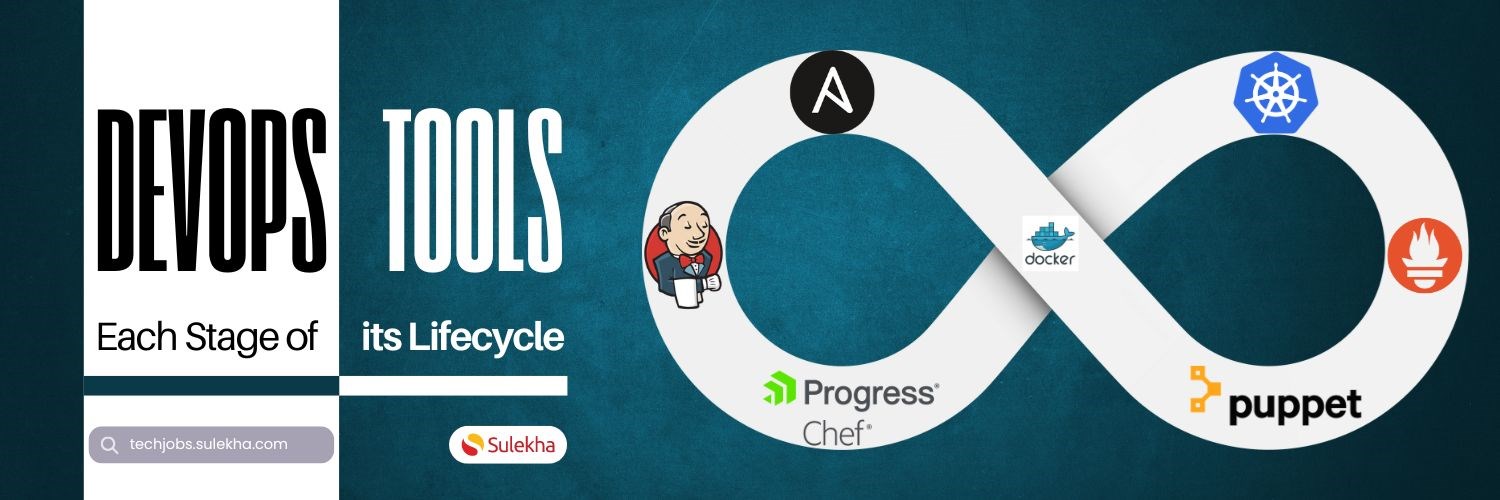
DevOps Tools for Each Stage of the DevOps Lifecycle
Discover essential DevOps tools tailored for every phase of the DevOps lifecycle. Streamline development, deployment, and operations with the right tools.

The benefits of uniting product management with DevOps
DevOps is focused on streamlining the software development and deployment processes, enabling faster and more frequent releases. By integrating product management into the DevOps workflow, product managers can have more visibility into the developmen

DevOps Platform Market 2023 to Showing Impressive Growth by 2030
In 2023, the DevOps platform market has faced a rapid increase, with forecasts indicating a massive expansion by 2030. This sector's growth is driven by the increased adoption of DevOps concepts and tools across industries. DevOps, which focuses on c
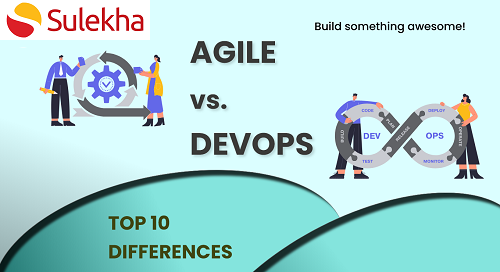
Scrum with DevOps: Integrating Agile and DevOps Practices
Scrum with DevOps: Integrating Agile and DevOps Practices
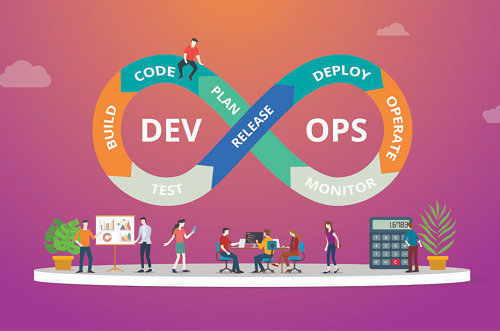
Mastering DevOps: A Comprehensive Bootcamp Course
Introduction
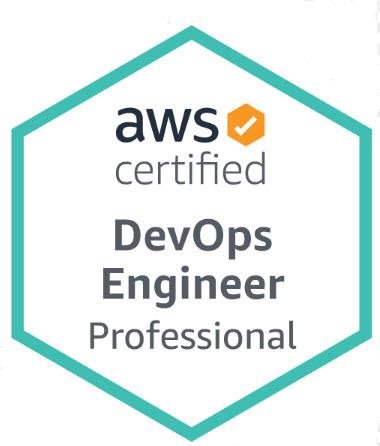
Best AWS Devops Engineer Professional Certification Dumps
DevOps Certification Over the past decade, DevOps, many companies used DevOps to lower their deployment time and increase their agility. DevOps helps to automate between 6 Cs. (Continuous business planning, collaborative development, continuous test
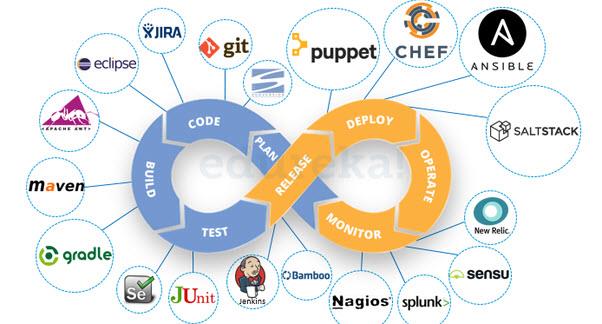
DevOps Market Research Report Analysis and Forecast: 2018 to 2023
Forecast report entitled “Global DevOps Tool Market 2018 Research Report Analysis and Forecast: 2018 to 2023”. When you go through the report thoroughly, you will find that the report is a top to bottom analysis of the happenings of DevOps Tool Indus
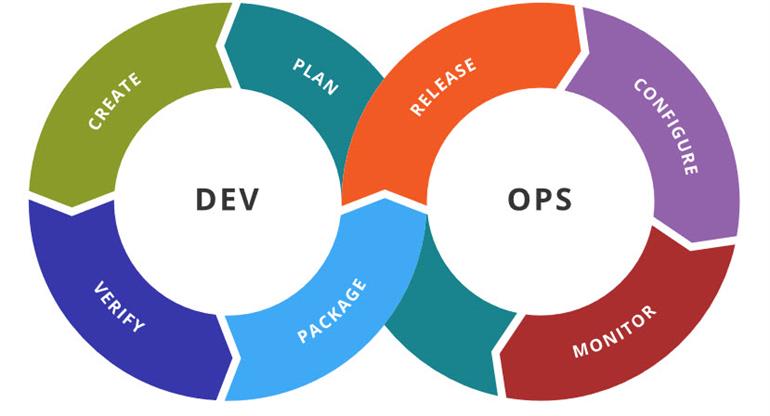
What are the Top 10 DevOps Barriers?
There are many barriers to implementing DevOps successfully, some of them with proper solutions given in the post.
Latest blogs on technology to explore

From Student to AI Pro: What Does Prompt Engineering Entail and How Do You Start?
Explore the growing field of prompt engineering, a vital skill for AI enthusiasts. Learn how to craft optimized prompts for tools like ChatGPT and Gemini, and discover the career opportunities and skills needed to succeed in this fast-evolving indust

How Security Classification Guides Strengthen Data Protection in Modern Cybersecurity
A Security Classification Guide (SCG) defines data protection standards, ensuring sensitive information is handled securely across all levels. By outlining confidentiality, access controls, and declassification procedures, SCGs strengthen cybersecuri

Artificial Intelligence – A Growing Field of Study for Modern Learners
Artificial Intelligence is becoming a top study choice due to high job demand and future scope. This blog explains key subjects, career opportunities, and a simple AI study roadmap to help beginners start learning and build a strong career in the AI

Java in 2026: Why This ‘Old’ Language Is Still Your Golden Ticket to a Tech Career (And Where to Learn It!
Think Java is old news? Think again! 90% of Fortune 500 companies (yes, including Google, Amazon, and Netflix) run on Java (Oracle, 2025). From Android apps to banking systems, Java is the backbone of tech—and Sulekha IT Services is your fast track t

From Student to AI Pro: What Does Prompt Engineering Entail and How Do You Start?
Learn what prompt engineering is, why it matters, and how students and professionals can start mastering AI tools like ChatGPT, Gemini, and Copilot.

Cyber Security in 2025: The Golden Ticket to a Future-Proof Career
Cyber security jobs are growing 35% faster than any other tech field (U.S. Bureau of Labor Statistics, 2024)—and the average salary is $100,000+ per year! In a world where data breaches cost businesses $4.45 million on average (IBM, 2024), cyber secu

SAP SD in 2025: Your Ticket to a High-Flying IT Career
In the fast-paced world of IT and enterprise software, SAP SD (Sales and Distribution) is the secret sauce that keeps businesses running smoothly. Whether it’s managing customer orders, pricing, shipping, or billing, SAP SD is the backbone of sales o

SAP FICO in 2025: Salary, Jobs & How to Get Certified
AP FICO professionals earn $90,000–$130,000/year in the USA and Canada—and demand is skyrocketing! If you’re eyeing a future-proof IT career, SAP FICO (Financial Accounting & Controlling) is your golden ticket. But where do you start? Sulekha IT Serv

Train Like an AI Engineer: The Smartest Career Move You’ll Make This Year!
Why AI Engineering Is the Hottest Skillset Right Now From self-driving cars to chatbots that sound eerily human, Artificial Intelligence is no longer science fiction — it’s the backbone of modern tech. And guess what? Companies across the USA and Can
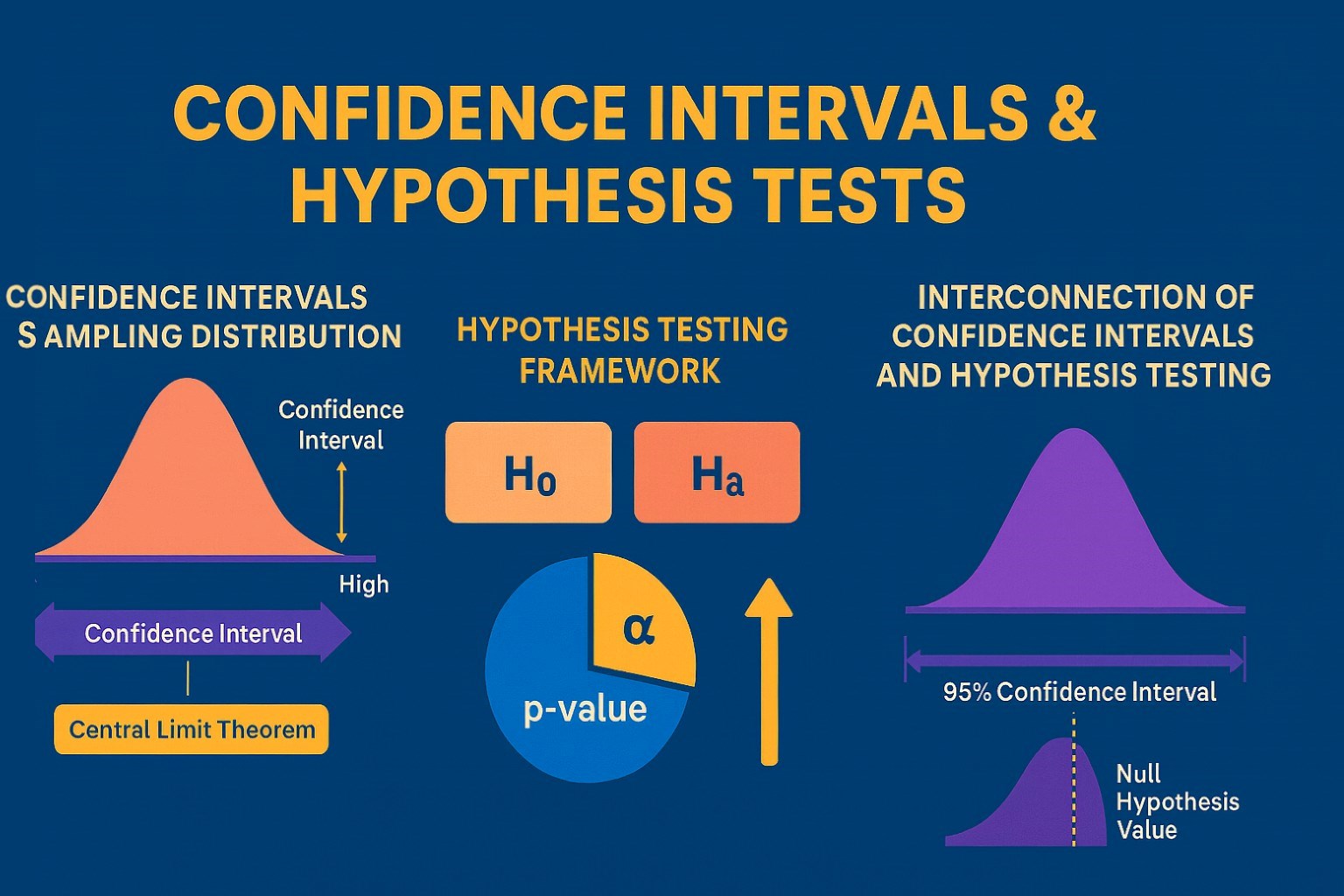
Confidence Intervals & Hypothesis Tests: The Data Science Path to Generalization
Learn how confidence intervals and hypothesis tests turn sample data into reliable population insights in data science. Understand CLT, p-values, and significance to generalize results, quantify uncertainty, and make evidence-based decisions.
